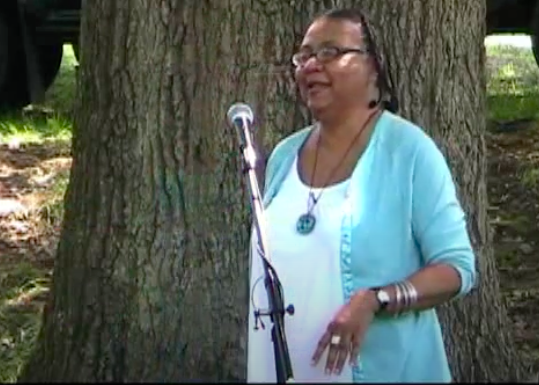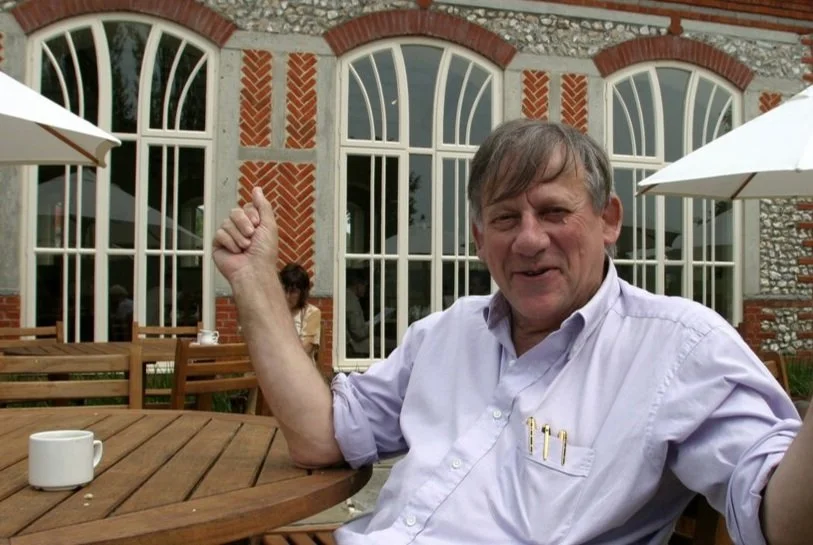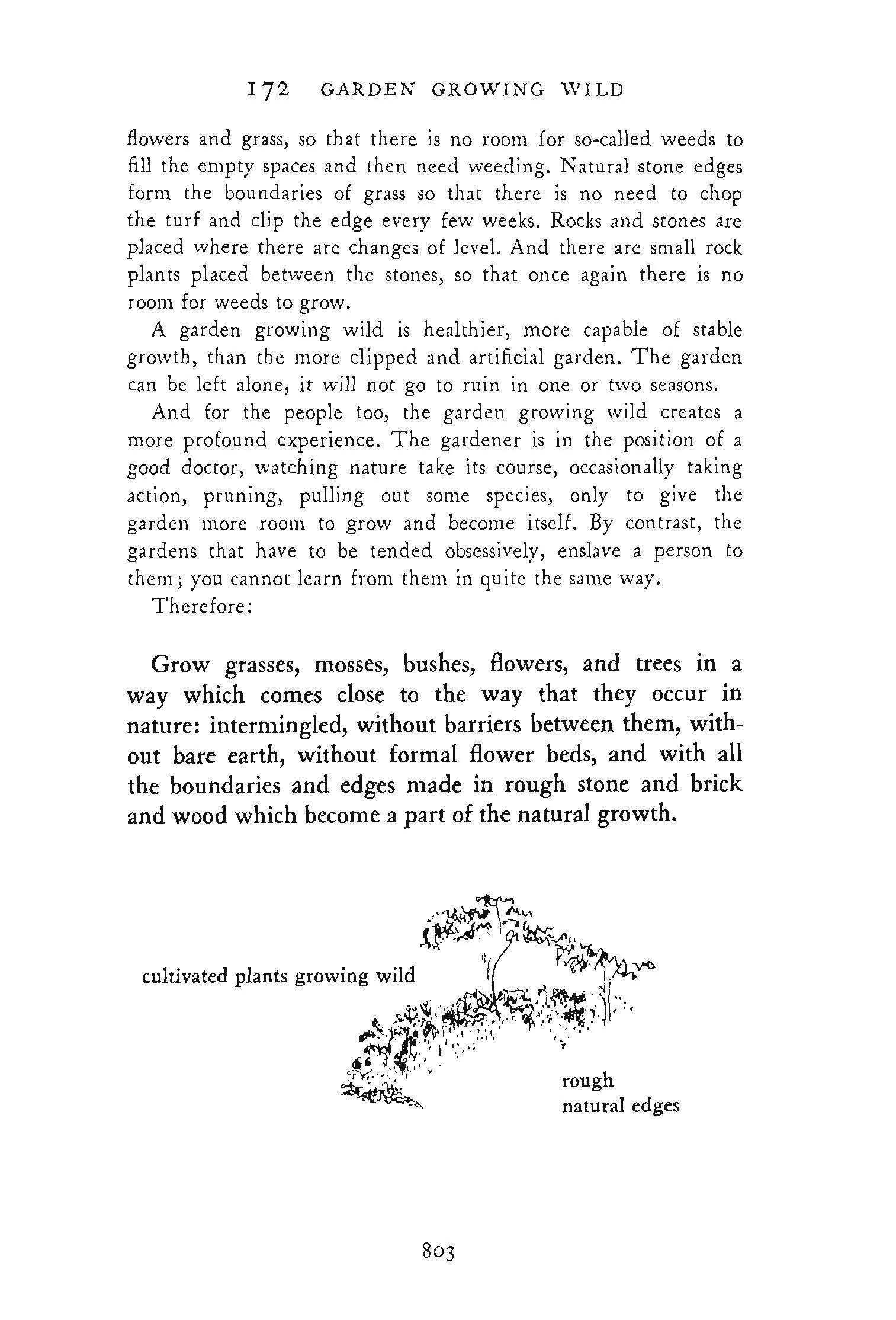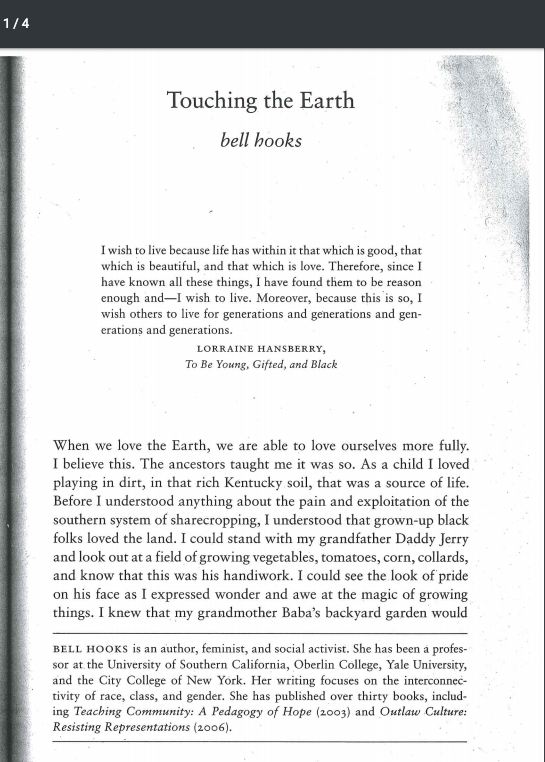2024 EWG OFFERS TWO SCHOLARSHIPS honoring TWO SPECIAL AUTHORS
CHRISTOPHER ALEXANDER & bell hooks
Both of these authors created new conversations that forever changed their fields: Alexander, as a builder, planner, designer and theorist about the inner experience of the built environment, and Hooks, as a writer and social activist who’s work addressed “love, race, class, gender, art, history, sexuality, mass media, and feminism”. The two authors came from very different directions but meet in the same place: the nature of the garden.
While mounting their opposition to very different elements of the political and social systems injuring the earth and our collective heart - they saw a common foundation for a faith deeply rooted in what they cherished as the source of connection binding us all: nature.
Something stunning - both of these great souls passed on in the 2nd year of the pandemic (hooks on Dec 15th, 2021 and Alexander on March 17th, 2022). Covid was not related, but that they completed their journey here during the era of shutdowns and social distance seems contrary to the connections and healing they both strived to create in the world.
So while we don’t have ivory towers or endowments here in Kensington Philadelphia, we’ll honor them still in our own way - with a hope that their spirit will shine on the garden and on those people who are studying, writing, building, planting, connecting, healing, insisting on the goodness that binds us, and celebrating the web of life that is our mother.
To Christopher Alexander and bell hooks - Thank You.
pattern 172 - Garden Growing Wild
THE CHRISTOPHER ALEXANDER GARDEN GROWING WILD SCHOLARSHIP (pattern 172)
Christopher Alexander, an Austrian-born British-American writer- builder- planner and theorist and professor at UC Berkeley, authored the now classic A Pattern Language - in which lays out a whole new way of designing the built environment in harmony with the natural world and the needs/ senses/ dreamings/feelings of the individual alone and in community.
A Pattern Language is a collection of hundreds of ‘patterns’ beginning at the scale of towns, then blocks, then buildings, then rooms, then details within rooms. WIth each pattern the co-authors work to articulate the mostly unconscious aspects of how a deeply alive person (or a family, or community) will be nourished by design, by the elements themselves, and through the process of building itself to cultivate a quality of wholeness. That process he referred to as the Timeless Way of Building, the name of his earlier book.
The ideas and values in the book were revolutionary at the time, but inspired some of the best things about life in the world today: co-working, adventure playgrounds, de-paving streets, car-sharing, wildflower gardening, composting, collective workshops, beer gardens are all seeded by the book.
On a more intimate scale the book is warm quilt of those things that we know fill, and move, and connect our hearts: farmhouse table, window seat, bed alcove, 6 foot balcony, zen view, many paned window, fruit tree, the front steps for quiet moments - alone or for two, or raucous moment for the crew, magical child nooks, a quiet garden seat…. and a hundred others.
When the lawn was America’s only dream, long before climate change was a phrase, and native plants were cool, Alexander was rooting for a wildness where we could summon (while supporting) nature’s magic, and honor how we are part of that.
This scholarship is offered to someone who shows some aspect of Alexander’s spirit in whatever their walk of life may be, and includes..
• Copy of Christopher Alexander and Sara Ishikawa’s: A Pattern Language
• Membership to Bowman’s Wildflower Preserve
• Paid Attendance for the winter 2024-25 Land Ethics Symposium at Bowman’s Wildflower Preserve in New Hope, PA
The Internet Archive has made A Pattern Language, an 1171 page gem, available for all to read in an easily viewable format HERE.
THE bell hooks TOUCHING the EARTH SCHOLARSHIP
Born Gloria Jean Watkins on September 25, 1952 in the segregated town of Hopkinsville, Kentucky, bell hooks, who did not capitalize her name, was a leader in social justice
A prolific writer and speaker, hooks wrote over 50 pieces, including books, essays, celebrated speeches, articles, 5 children’s books, as well as contributions to a dozen films.
Often highly autobiographical and poetic, her work and voice stood against the forces of unbridled capitalism and elements of oppression across culture. She crossed political and academic boundaries combining a special genius of academic rigor, with raw and heartful insights on an immense arrays of intersecting topics including love, race, class, gender, art, history, sexuality, mass media, and feminism, community and spirituality.
Our relationship with nature (and shared perceptions about nature) was a recurring theme. She called out the implicit racial bias pervasive in how culture depicts environmentalism and the experience of nature. She challenges us to face how anyone’s estrangement from nature translates into a spiritual loss and destructive politics for many, and a damaged ecology for us all.
hooks devoted her life to articulating what holds us apart from nature, each other and love. “So part of the challenge we all face us to to transform our minds, our imaginations, and for heart to open on all levels… We can meet people unlike ourselves and commune.. In Buddhism we talk about the fact that the Earth is our witness. We have to teach people to reimagine the very ground they stand on. We can come together from many different fronts, to be together, and belong. “
This scholarship is offered to someone who shows some aspect of bell hook’s spirit anin whatever their walk of life may be, and includes..
• Copy of bell hooks celebrated book : All About Love - New Visions
• Paid Membership to Mt. Cuba Center
• Paid enrollment in Mt. Cuba Center’s Ecological Gardening Certificate Program
• Paid enrollment in any core Certificate Program class
————————————————
• Touching the Earth, from hooks 2008 book Belonging is HERE
• bell hooks speech, Burton St. Community Center & Peace Gardens, Asheville, NC: HERE
Touching the Earth, from the book Belonging, 2008
WORDS FROM THE AUTHORS
CHRISTOPHER ALEXANDER - from Making the Garden
“Earth — our physical Earth and its inhabitants — sand, water, rocks, birds, animals, and trees—this is the garden in which we live. We must choose to be gardeners. We must choose to make the garden beautiful. Understanding this will give us intellectual insight into the nature of God, and also give us faith in God as something immense yet also as something modest, something which lies under the surface of all matter, and which comes to life and shines forth when we treat the garden properly.
Each small action we take in placing a step, or planting a flower, or shaping a front door of a building is a form of worship—an action in which we give ourselves up, and lay what we have in our hearts at the door of that fiery furnace within all things.” Full text here
-Christopher Alexander - Feb. 2016
bell hooks - from Third International Women’s Convocation
“By going back to nature, we are, in a sense, returning to the garden. To a place where we were contained within nature’s wholeness, where we were not separated from the divine from whence our visions and calls emanate. Guided by prophetic vision, we understand that it is the wholeness of life that we are called to celebrate and cherish.” Full text here….
-bell hooks - 3rd International Women’s Convocation, Asilomar Conf. Center - 2017




